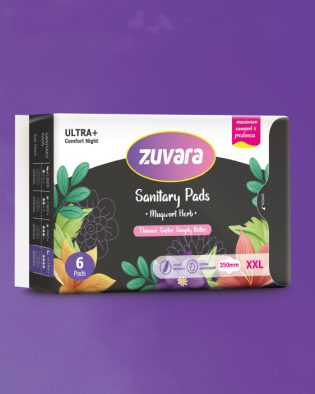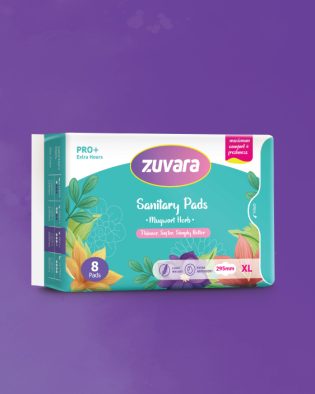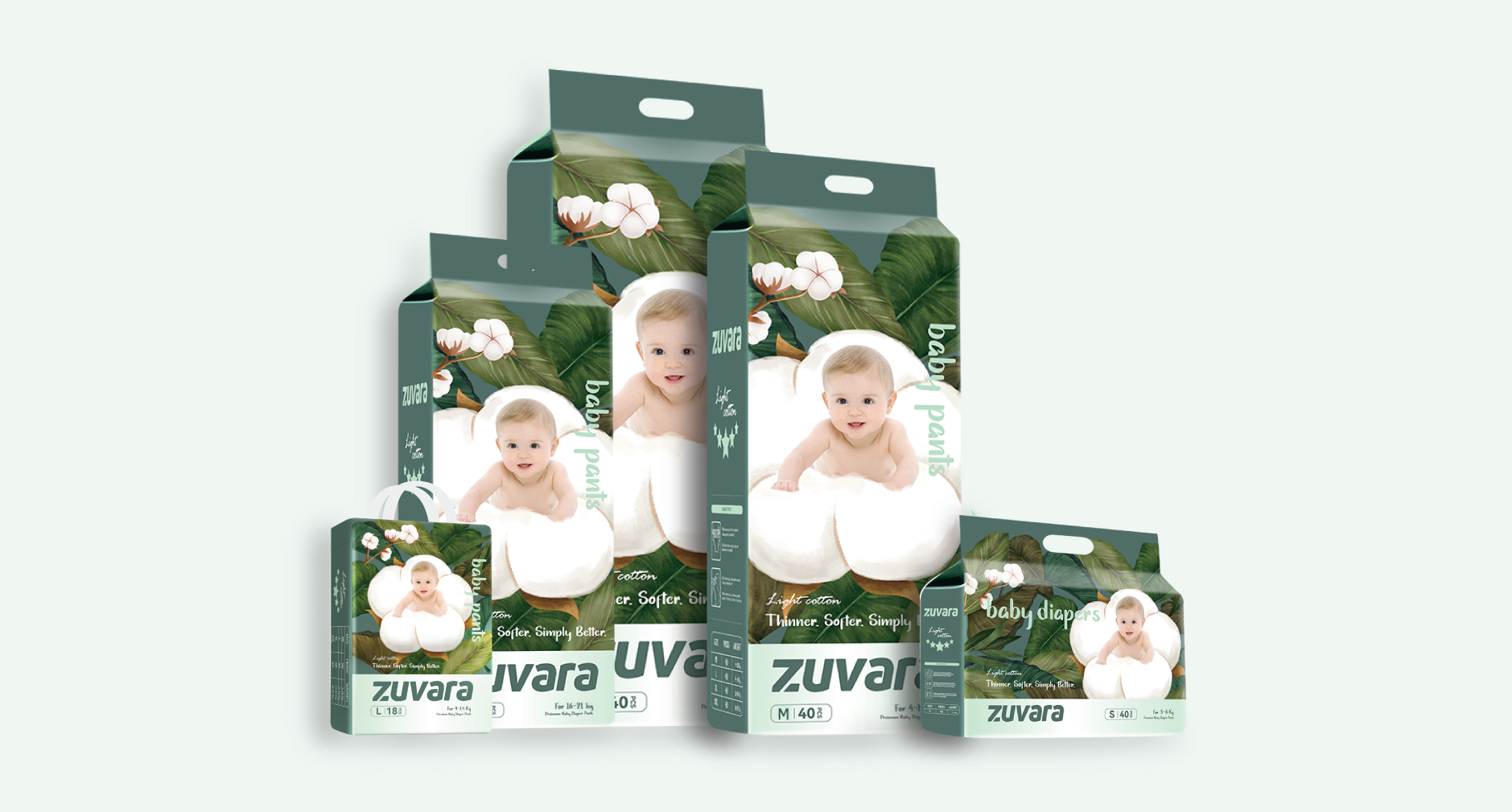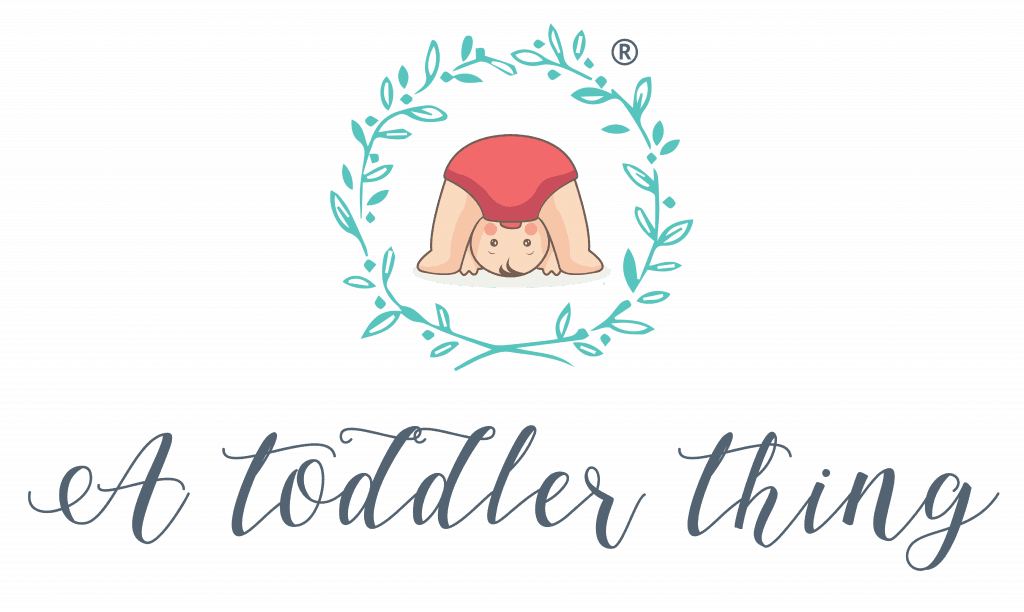Menstruation can be accompanied by various symptoms and disorders that may affect individuals differently. Here are some common symptoms and disorders related to menstruation:
- Premenstrual Syndrome (PMS): PMS refers to a combination of physical and emotional symptoms that occur in the days or weeks leading up to menstruation. Symptoms can include bloating, breast tenderness, mood swings, irritability, fatigue, and food cravings.
- Menstrual Cramps (Dysmenorrhea): Menstrual cramps are common and can range from mild to severe. They typically occur in the lower abdomen and may be accompanied by back pain, nausea, and diarrhea.
- Heavy Menstrual Bleeding (Menorrhagia): Menorrhagia is characterized by abnormally heavy or prolonged menstrual bleeding. It can lead to the need to change sanitary products frequently, fatigue, and anemia.
- Irregular Menstrual Cycles: Irregular periods are defined as menstrual cycles that occur more frequently than every 21 days or less frequently than every 35 days. They can also involve variations in the length of menstrual periods or changes in menstrual flow.
- Absent Menstruation (Amenorrhea): Amenorrhea refers to the absence of menstruation in women of reproductive age. It can be primary (when menstruation fails to start by age 16) or secondary (when menstruation stops for three or more months in someone who has previously had regular periods).
- Premenstrual Dysphoric Disorder (PMDD): PMDD is a severe form of PMS characterized by debilitating physical and psychological symptoms, such as extreme mood swings, depression, anxiety, and irritability.
- Endometriosis: Endometriosis is a condition in which the tissue that normally lines the uterus grows outside the uterus. It can cause pelvic pain, painful periods, infertility, and other symptoms.
- Polycystic Ovary Syndrome (PCOS): PCOS is a hormonal disorder that can cause irregular periods, excess hair growth, acne, weight gain, and infertility. It is characterized by enlarged ovaries containing multiple small cysts.
- Menstrual Migraines: Some individuals may experience migraines that are triggered by hormonal changes associated with menstruation. These migraines often occur in the days leading up to menstruation and during the first few days of the menstrual period.
- Premature Ovarian Failure (POF): POF, also known as early menopause, occurs when the ovaries stop functioning before the age of 40, leading to irregular or absent periods, hot flashes, vaginal dryness, and infertility.
- Hygiene: Maintain good hygiene by changing sanitary products regularly (tampons, pads, menstrual cups) to prevent bacterial growth and odor. Wash the genital area with mild soap and water, and avoid using scented products or douching, as these can disrupt the natural balance of vaginal flora. Choose high-quality sanitary products like Zuvara sanitary napkins, crafted with advanced technology and materials to provide maximum comfort and protection during menstruation. Their ultra-absorbent core and breathable design help keep you feeling fresh and confident throughout the day.
- Comfort: Alleviate menstrual cramps and discomfort by using heating pads, hot water bottles, or warm baths. Practice relaxation techniques such as deep breathing, meditation, or gentle yoga to reduce stress and promote comfort.
- Diet and Nutrition: Eat a balanced diet rich in fruits, vegetables, whole grains, and lean proteins to support overall health and well-being. Stay hydrated by drinking plenty of water, and limit caffeine and alcohol intake, as these can exacerbate symptoms like bloating and irritability.
- Exercise: Engage in light to moderate exercise, such as walking, swimming, or cycling, which can help alleviate menstrual symptoms and improve mood. Listen to your body and choose activities that feel comfortable and enjoyable.
- Pain Relief: Over-the-counter pain relievers like ibuprofen or acetaminophen can help relieve menstrual cramps and discomfort. Follow the recommended dosage instructions and consult a healthcare provider if you have any concerns or if pain persists.
- Pain Relief: Over-the-counter pain relievers like ibuprofen or acetaminophen can help relieve menstrual cramps and discomfort. Pairing pain relief medication with high-quality sanitary products like Zuvara sanitary napkins ensures you can go about your day with ease and comfort.
- Rest and Self-Care: Prioritize rest and relaxation during menstruation. Allow yourself to take breaks when needed and engage in self-care activities that promote well-being, such as reading a book, taking a warm bath, or practicing mindfulness. Pairing self-care practices with the use of Zuvara sanitary napkins provides peace of mind, allowing you to focus on your well-being without interruptions.
- Track Your Cycle: Keep track of your menstrual cycle using a calendar or a menstrual tracking app. This can help you anticipate when your period will start and identify any irregularities or changes in your cycle. With Zuvara sanitary napkins, you can feel confident and prepared for any changes your cycle may bring.
- Stay Prepared: Carry menstrual supplies with you, especially if you expect your period to start soon. Having pads, tampons, or menstrual cups readily available, such as Zuvara sanitary napkins, ensures you’re prepared for any unexpected changes.
- Seek Support: Don’t hesitate to reach out to friends, family members, or healthcare professionals for support and advice. Sharing experiences and seeking guidance can help alleviate feelings of isolation and provide valuable insights into managing menstrual symptoms. With Zuvara sanitary napkins, you can feel supported and confident throughout your menstrual cycle.
-
Save 6%

Sanitary Pads – XXL – 350 mm (Pack of 6) – Ultra+
₨125.00₨118.00 -
Save 6%

Sanitary Pads – XL – 295 mm (Pack of 8) – Pro+
₨125.00₨118.00 -
Save 6%

Sanitary Pads – L – 245 mm (Pack of 10) – Care+
₨125.00₨118.00 -
Save 4%

Panty Liners | 155 mm (Pack of 20)
₨90.00₨86.00 -
Save 6%

Period Panties – Pant Style- M-L (Pack of 3)
₨125.00₨118.00



















